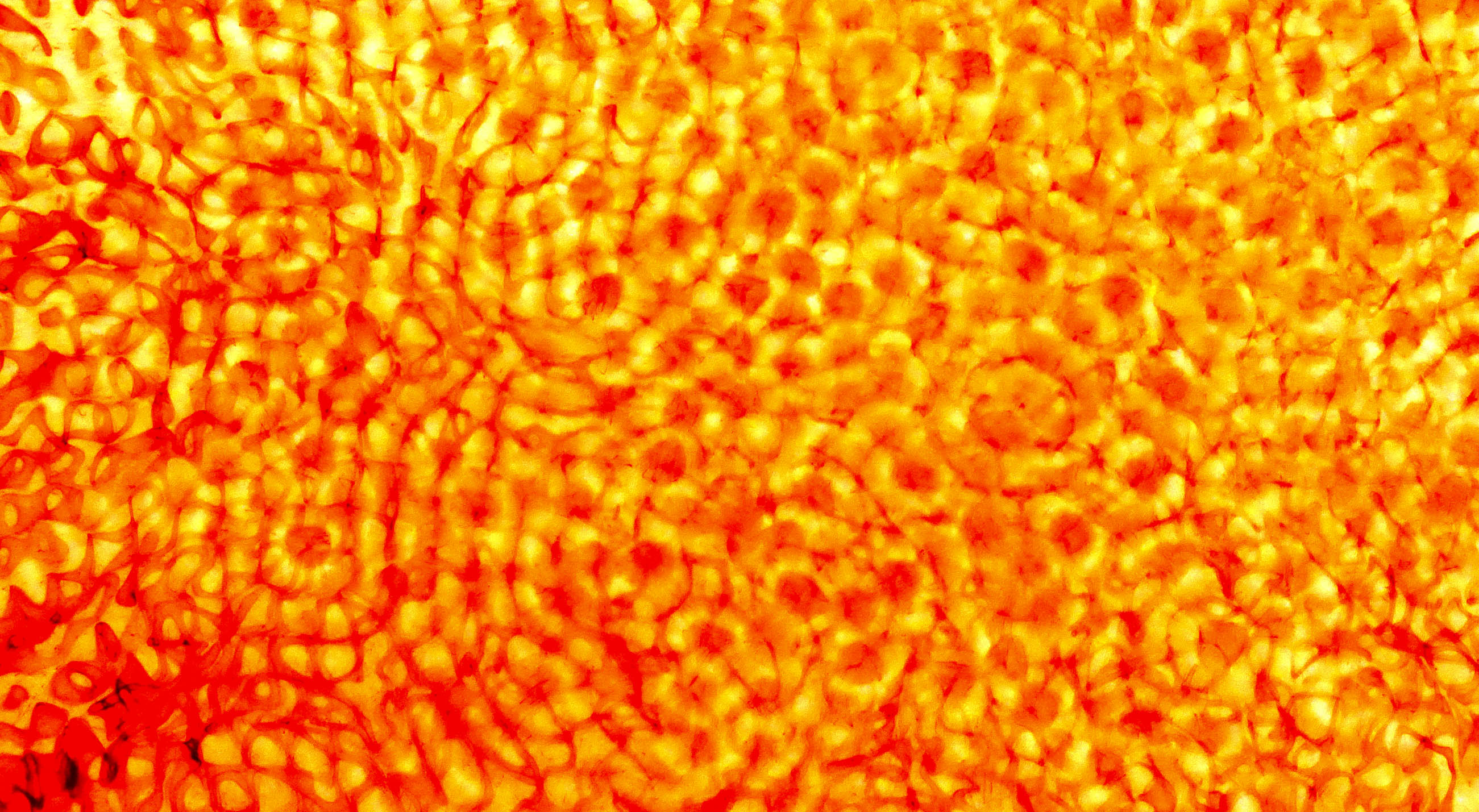Becoming Molecular as a Condition for Creating New Spaces of Freedom
DOI:
https://doi.org/10.1344/regac2022.8.41401Paraules clau:
Guattari, Deleuze, Ecosofia, Art, Ecologia política, SemiòticaResum
This volume includes texts by authors who are explicitly inspired by the ecosophical pragmatics of Félix Guattari or who resonate with it. Published in a blend of English and Spanish, the thirteen articles were written by researchers, artists, art historians, philosophers, and schizoanalysts from Asia, America, and Europe. Their methods, ideas, and approaches highlight the ability of creative practice to map and engender complex, relational, singularized, transversal, and constitutive forms of life. Departing from bold analyses of capitalism’s mechanisms of subjection, their contributions describe how art is able to resist the repressive politics of dominant representations and mobilize processes of existential heterogenesis through molecular becomings. The origin of this publication is the IV International Symposium Mutant ecologies in contemporary art: machinic capitalism, molecular beings, and subsistence territories that took place online on November 25-26, 2020, which had as special guest the philosopher and art theorist Gerald Raunig. This special issue of the Journal of Global Studies and Contemporary Art builds on the project started with the book Mutating Ecologies in Contemporary Art (Edicions de la Universitat de Barcelona) which investigated the conjunction of the ecological turn in contemporary art and Guattarian ecosophy to inquire about the role of art in light of the challenges posed by the environmental degradation and the socio-political crises of today. Thirty years after Guattari’s death and the publication of Chaosmosis (1992), this collection of texts testifies that Guattari’s clinical and critical analyses continue to infuse artistic, ecological, and political practice with a revolutionary potential.

Descàrregues
Publicades
Número
Secció
Llicència
Los autores que publican en esta revista están de acuerdo con los términos siguientes:- Los autores conservan los derechos de autoría y otorgan a la revista el derecho de primera publicación de la obra, que se difundirá con la licencia de reconocimiento de Creative Commons que permite compartir la obra con terceros, siempre que estos reconozcan su autoría, su publicación inicial en esta revista y las condiciones de la licencia.
- Los autores son libres de establecer acuerdos contractuales adicionales independientes para la distribución no exclusiva de la versión de la obra publicada en la revista (como por ejemplo su publicación en un repositorio institucional o en un libro), siempre que se reconozca su publicación inicial en esta revista.
- Se anima a los autores a publicar su obra en línea (en repositorios institucionales o en su página web, por ejemplo) antes y durante el proceso de remisión, con el objetivo de conseguir intercambios productivos y hacer que la obra obtenga más citas (véase The Effect of Open Access, en inglés).


